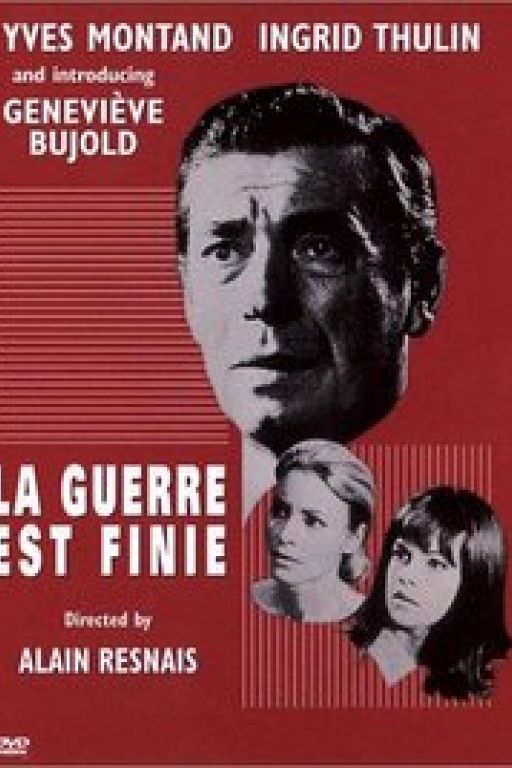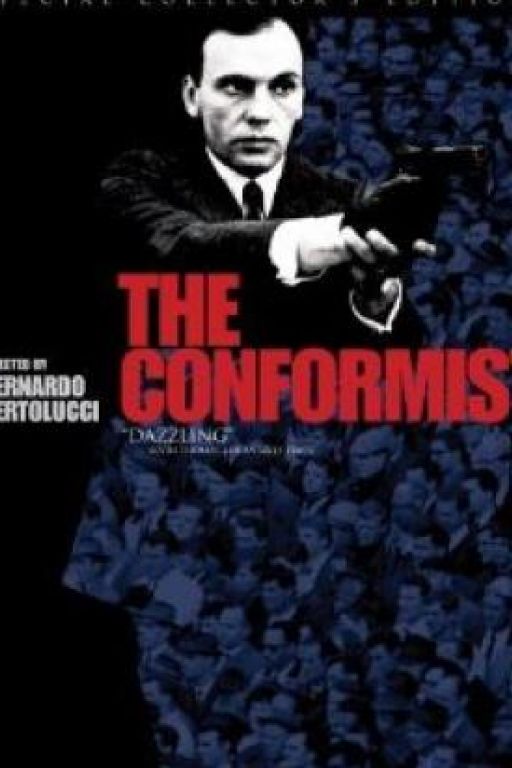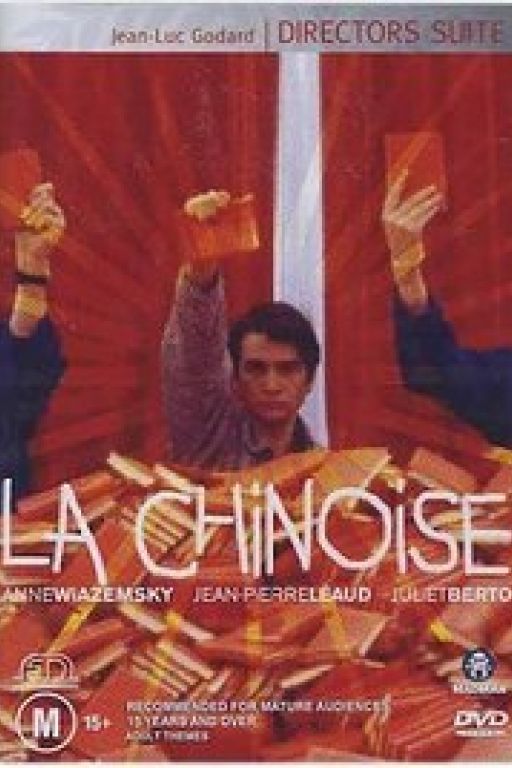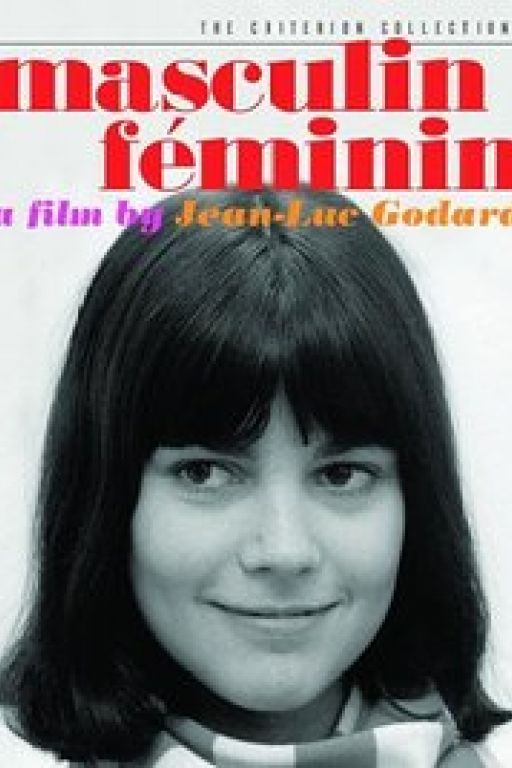Die Kinder von Karl Marx und Cocal Cola. Normalerweise sind deutsche Verleihtitel albern, aber im Falle von Jean-Luc Godards Masculin Feminin trifft der deutsche Titel ins Schwarze. Ein Werk, dass gängige Erzählstrukturen aufbricht und sich nicht mit einer "privaten" Botschaft zufrieden gibt. Godard gab an, von nun an zwar keine "politischen Filme" zu machen, aber "politisch Filme zu machen". Politik in den 60ern? Eine simple Übersetzung müsste heissen, dem "dialektischen Materialismus" unterworfen. Willkommen in einer Zeit, da sich niemand mehr verständlich ausdrücken wollte - das gilt auch filmisch. Oder hat irgendjemand die Motivation in Zabriskie Point verstanden, erst einen Polizisten zu erschiessen und anschliessend ein Flugzeug zu bemalen? Während auf den Strassen militante Studenten das nachspielen, was sie im Kino gelernt haben, durfte sich niemand diesem "Wehrdienst" entziehen. Francois Truffaut war so einer. Sein Freund Godard strafte ihn dafür und aus Freunden wurden Feinde. Ab 1968 gehörten Truffauts Filme nicht mehr dazu. Sie hatten nichts mit den Strassenkämpfen zu tun; sie gehörten zu den Lügen, die verbreitet wurden. Ist das der Grund, weshalb Godard nach wie vor viel beliebter ist als Truffaut? Hat man ihn totgeschrieben? In den späten 60ern brach eine geradezu manische Liebe zum Kino aus. Antiintellektuelle Stutzer mögen sich heute darüber lustig machen, ich aber mag die Vorstellung, dass ein paar hornbebrillte Herren über ihren Rauchschwaden an der Revolution brüten. Hier kommen die besten Filme dazu (Wir stellen nicht die Filme, nur die links zur Verfügung) - The children of Karl Marx and Cocal Cola. Normally German titles are silly, but in the case of Jean-Luc Godard's Masculin Feminin the German title hits the bull's eye. A work that breaks with common narrative structures and is not satisfied with a "private" message. Godard stated that from now on he would not make "political films", but that he would "make political films". Politics in the 60s? A simple translation would have to be called "dialectical materialism". Welcome to a time when no one wanted to express themselves in an understandable way - this also applies to film. Or has anyone understood the motivation in Zabriskie Point to first shoot a policeman and then paint a plane? While militant students were playing on the streets what they had learned in the cinema, nobody was allowed to resist this "military service". Francois Truffaut was one of them. His friend Godard punished him for it and friends became enemies. From 1968 Truffaut's movies didn't belong to it anymore. They had nothing to do with the street fights; they belonged to the lies that were spread. Is that the reason why Godard is still much more popular than Truffaut? Was it written dead? In the late 60s a manic love for cinema broke out. Anti-intellectual users may make fun of it today, but I like the idea that a few horn-rimmed gentlemen brood over their smoke clouds at the Revolution. Here are the best movies (We don't provide the movies, only the links)
Filme in der Liste
Kommentare
Eure letzten Kommentare
Blow Up darf auch noch mit
Blow Up darf auch noch mit rein. Die rote Wüste auch von Antonioni.
- Anmelden oder Registieren, um Kommentare verfassen zu können



























Werde Teil der Community
Schreibe Kommentare, vote für Deine Favoriten oder sende uns Deinen Film-Vorschlag.